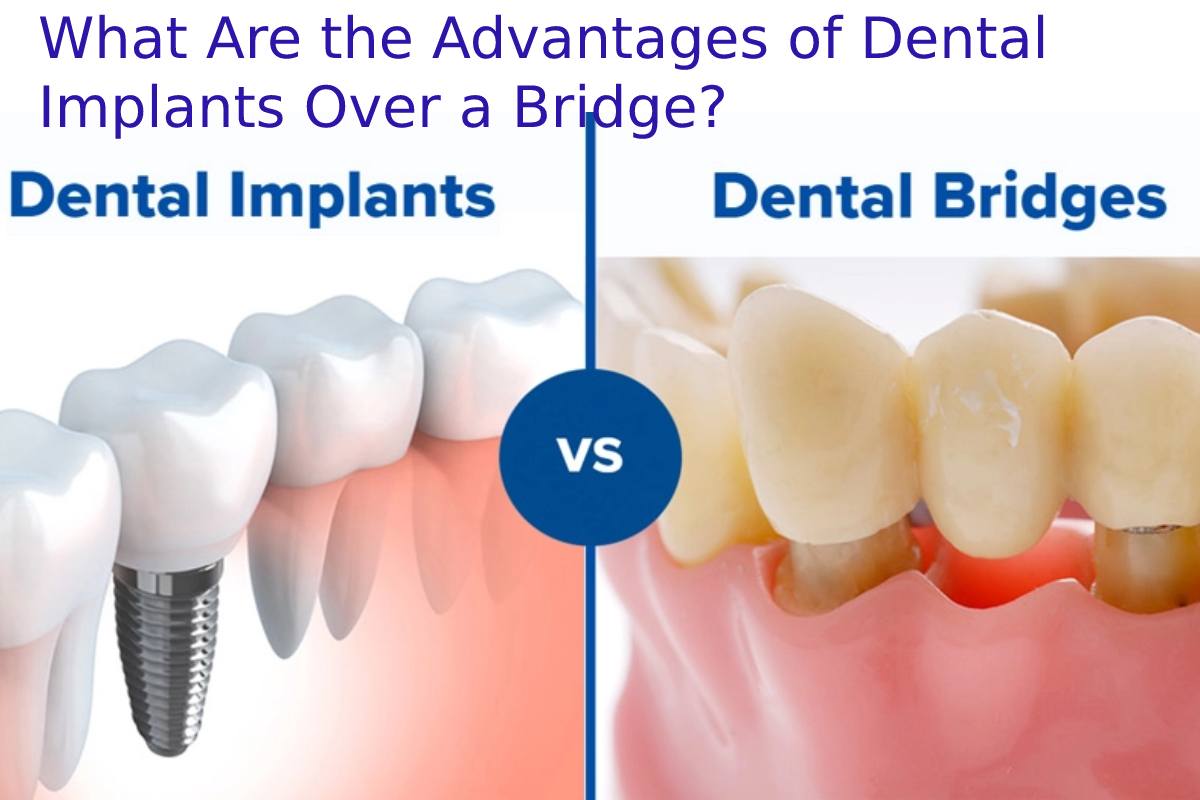A missing tooth can be both physically difficult and emotionally devastating. This is particularly true of a tooth in the front or on an incisor (near the front of the mouth). However, there can also be physical issues such as not being able to eat comfortably — no matter where the missing tooth is located.
Still, the idea of a dental implant can be daunting. For one thing, you may have heard that dental implants can take months to be completed as a whole process. And you may be wondering about the cost.
The reality is that there are significant dental implant advantages over other procedures — including a bridge, the once-upon-a-time go-to for one or more missing teeth.
In this article we’ll discuss why dental implants are a better solution … and one that can keep you smiling for years to come.
Table of Contents
About Dental Implants
Given the choice, most patients opt for dental implants. There are a number of reasons, including the ones we’ll be discussing in a moment.
Dental implants screw into the jawbone and fuse to it, providing a usually permanent solution to a missing tooth or teeth. When color-matched by a professional, they look like your other teeth and are virtually undetectable.
Dental implants also “act like other teeth”; you can chew on them as you would on a natural tooth.
About Dental Bridges
A dental bridge literally “bridges” a gap where there are missing teeth. A bridge consists of one or more false teeth, made to look similar to the other, organic teeth in the mouth. “Wings” on either side of the false teeth (pontics) bond to two existing teeth to hold the bridge in place.
At least one tooth on either side of the area the bridge will be placed — called the abutment teeth — are carefully drilled down and crowns are placed. Then the bridge is bonded to these teeth to hold the bridge in place.
What Are the Pros and Cons of a Dental Bridge?
A dental bridge can look very natural, and it is generally less expensive than an implant. Unfortunately, there are several drawbacks to dental bridges, including:
- A dental bridge will not prevent jawbone loss. Without either a natural dental root or an implant screw in the jaw, bone loss usually occurs over time with a dental bridge. This can lead to the loss of more teeth in the future.
- Dental bridges cause stress on the abutment teeth. The teeth on either side of the bridge must physically support the biting force you place on the bridge pontic(s).
- The abutment teeth are compromised. Dental crowns on teeth that start out healthy means your dentist, no matter how skilled, is reducing the bulk (the enamel) on your teeth. They could weaken over time.
- Bridges are not usually permanent. They need to be replaced every five to 15 years.
What Are the Pros and Cons of Dental Implants?
Dental implants look very natural. They can provide a permanent and stress-free solution to missing teeth. Here’s what patients consider when choosing dental implants:
Dental Implant Pros
- The procedure implants a screw-like piece of metal into the jaw that fuses to the bone in a near-permanent fashion. (It is permanent as long as it is cared for and maintained).
- Implant surgery itself is painless. You will be made very comfortable for the procedure.
- Dental implants look and feel very natural, especially when professionally color-matched.
- You can eat normally on a professionally-placed dental implant.
- You do not need to worry about your dental implant pontic (false tooth) slipping out of place embarrassingly; or chipping off of the other teeth and coming loose.
- Because there is an implant in the jaw – just as there are roots under your natural teeth – you do not risk bone loss with dental implants.
Dental Implant Cons
- The procedure takes time. If you do not have enough bone in the jaw to support an implant, you will need a bone graft. You will then wait about three months for the implant to be placed.
What About the Dental Implant Cost?
Dental bridges are often cheaper than implants. However, there are significant health and aesthetic drawbacks to bridges. That’s why implants are usually the preferred solution to missing teeth.
The cost of your dental implant will depend upon a number of factors. These include:
- Whether you need a bone grafting procedure
- How many missing teeth you have
- The cost of the surgery and anesthesia
- The cost of the mechanical parts of the implant (implant body, abutment and crown)
- Any additional tests or x rays you may need
Private insurance may cover part of the cost, so check with your insurance company to find out what you can expect.
Patients Love Their New Dental Implant Smile
Most patients love their dental implants, and many wonder why they didn’t get their implant sooner.
Most of the time, a patient will receive his or her final crown and go on to not even notice the implant is there after a week or two. This means a convenient and healthy chewing and smiling, potentially for a lifetime.

